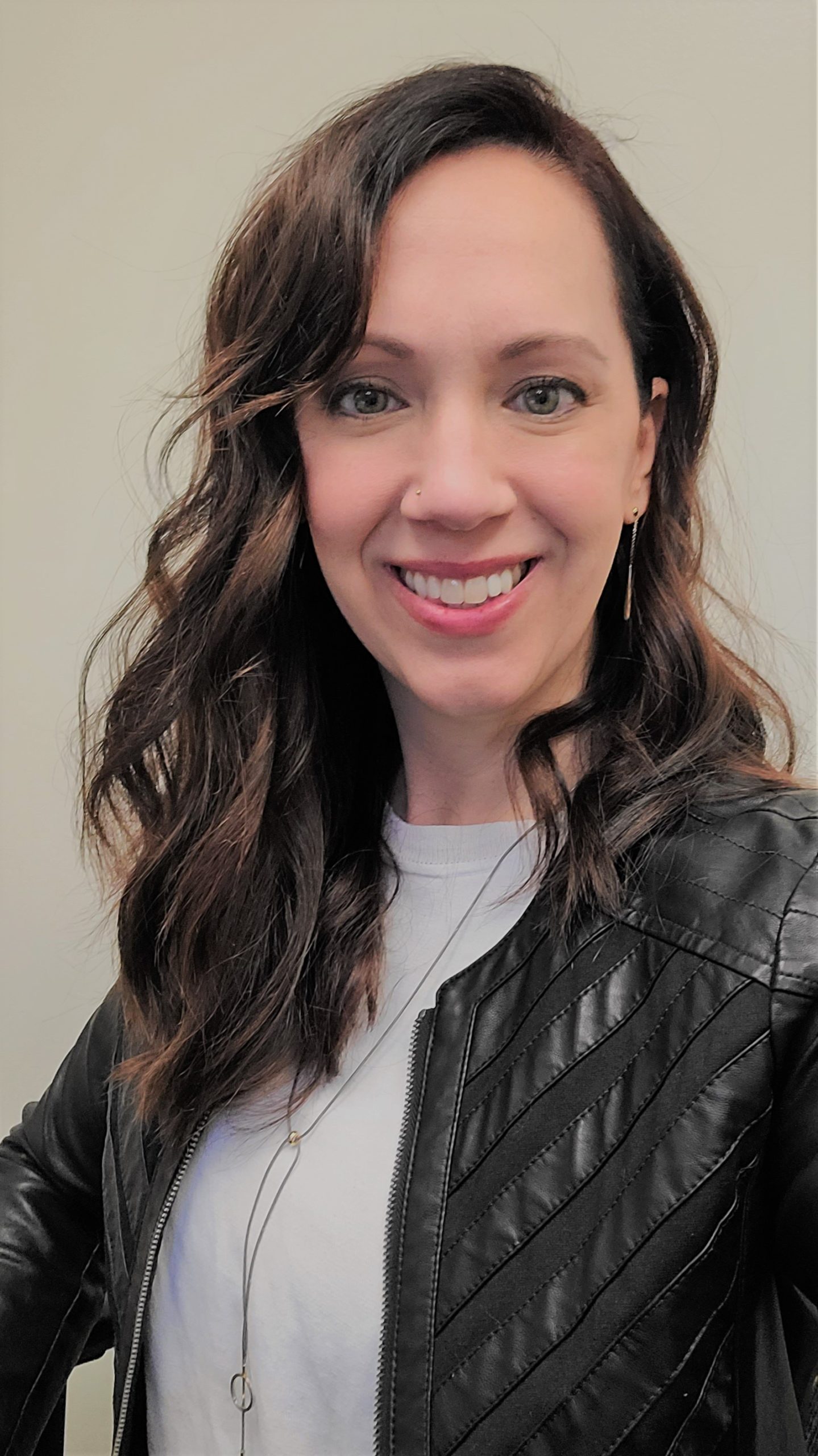What you need to know about 988 in Missouri
Speaker(s):
Presentation:
During this panel discussion you will learn everything you need to know to be ready for 988. In July 2020, the Federal Communications Commission (FCC) designated 988 as the new three-digit crisis number for the National Suicide Prevention Lifeline (NSPL). By July of 2022, all telecommunications companies will have to make the necessary changes and be ready to go live. 988 will be promoted Nationwide as the three-digit helpline for all mental health and suicide crises. Missouri has 7 active NSPL members. These call centers have trained staff to answer calls from individuals at risk for suicide as well as those experiencing other mental health and substance use related emergencies, as well as connection to ongoing services. 988 will transform our current crisis system of care nationwide and Missouri is actively preparing our system to align and provide the most evidence-based practices for a comprehensive continuum of care.
Objectives:
- Describe the history of 988 and why do we need it
- Define what the benefits of 988 and how much will it cost
- Identify how 988 will impact Missouri’s crisis system and what we are doing to prepare

